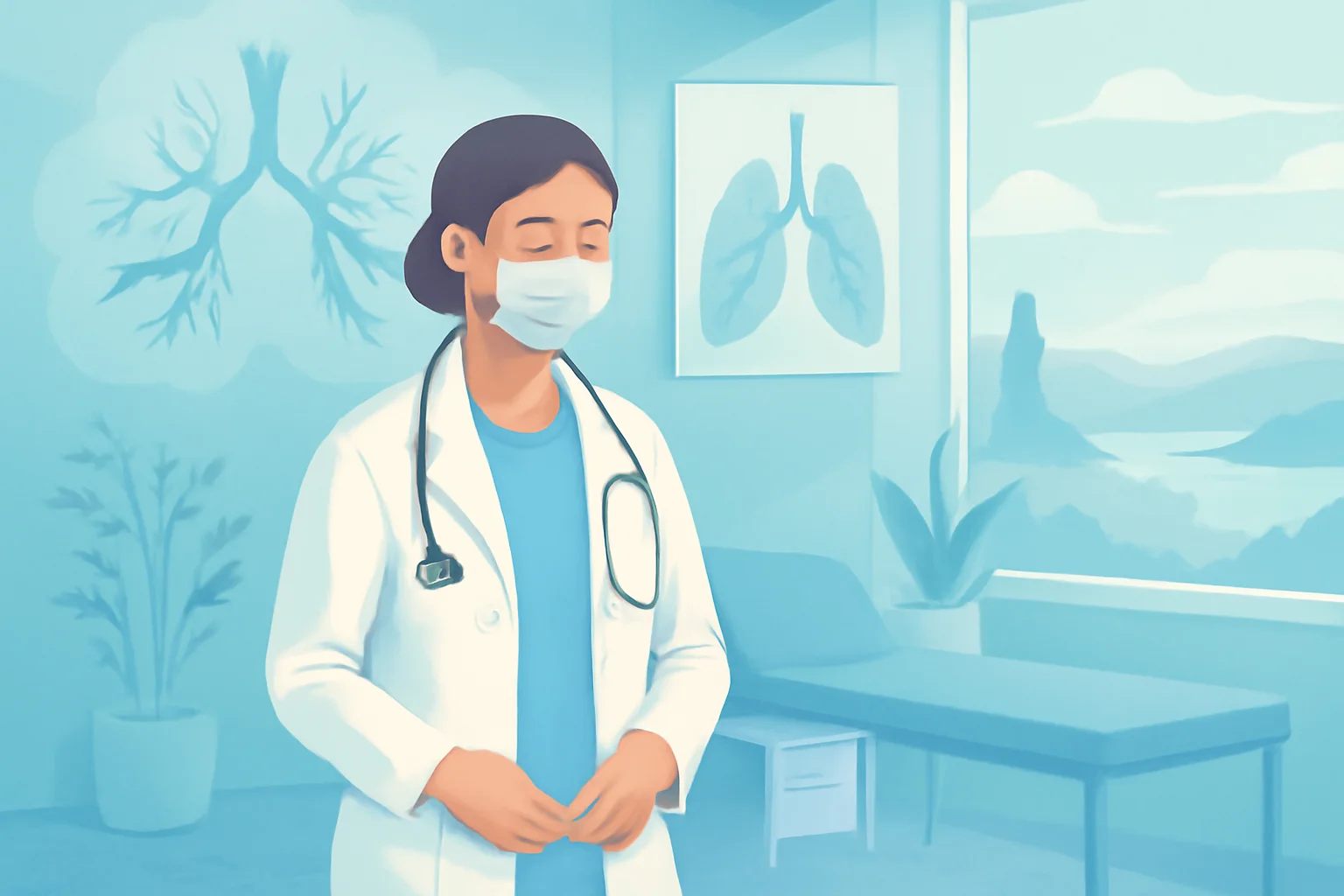
Effective Solutions for Treating Heartburn and Reflux
A heartburn and reflux are unpleasant symptoms that complicate the lives of many people. These issues often occur together, but they can have different underlying causes and symptoms. Heartburn is generally associated with the backflow of stomach acid, which can irritate the lining of the esophagus. Reflux, or gastroesophageal reflux disease (GERD), is a more complex condition that can have long-term consequences if not properly treated.
These complaints not only cause physical discomfort but can also have emotional effects. People often experience anxiety when symptoms of heartburn or reflux occur, especially if they happen during or after meals. Poor dietary habits, stress, and a sedentary lifestyle can all contribute to the worsening of these problems. Understanding the treatment of heartburn and reflux is important, as it is essential to be aware of the triggers and possible solutions. Proper nutrition, lifestyle changes, and medication can all play a role in alleviating symptoms.
Symptoms and Causes of Heartburn
The main symptom of heartburn is a burning sensation in the chest, often felt in the lower part of the esophagus. Many describe this sensation as the backflow of stomach contents irritating the walls of the esophagus. Heartburn usually occurs after meals, particularly after consuming fatty, spicy, or acidic foods. Symptoms may worsen when a person lies down or bends over during physical activity.
The causes of heartburn can be varied. Common causes include excessive production of stomach acid, which can be triggered by stress, poor diet, or certain medications. Additionally, delayed gastric emptying can contribute to the development of heartburn. Obesity, smoking, and alcohol consumption are also risk factors.
It is important to note that heartburn can sometimes be a sign of a more serious condition, such as a peptic ulcer or esophagitis. Therefore, if heartburn becomes frequent or symptoms worsen, it is essential to consult a doctor for a proper diagnosis.
Reflux: A More Severe Form of Heartburn
Reflux, also known as gastroesophageal reflux disease (GERD), refers to the chronic backflow of stomach acid into the esophagus. This condition not only causes heartburn but also includes several other symptoms, such as sore throat, cough, hoarseness, and a sour taste in the mouth. The symptoms of reflux often worsen at night, as lying down facilitates the backflow of acid.
Several factors can contribute to the development of reflux. One of the most common causes is the weakness of the lower esophageal sphincter, which does not close properly, allowing acid to flow back. Additionally, excessive acid production, delayed gastric emptying, and obesity can also contribute to reflux. Diet plays a significant role; the consumption of spicy, fatty, or acidic foods, as well as chocolate and caffeine, can exacerbate symptoms.
Over time, reflux can lead to serious health issues, such as irritation of the esophageal lining, Barrett’s esophagus (a precancerous condition), or even esophageal cancer. Therefore, treating reflux is extremely important and often requires lifestyle changes, dietary adjustments, or medication.
Treatment Options for Heartburn and Reflux
There are several options available for the treatment of heartburn and reflux, with the most suitable choice depending on the individual’s condition and lifestyle. The first step usually involves implementing lifestyle changes that can help alleviate symptoms.
It is important to pay attention to our diet. Foods to avoid include fatty, spicy, acidic, or caffeine-containing items that can increase stomach acid production. Additionally, regular, smaller meals can help as they reduce the likelihood of excessive stomach acid production. Losing weight can also significantly impact reflux symptoms, as excess weight often contributes to stomach fullness and acid backflow.
Medication also plays a crucial role in the treatment of heartburn and reflux. Antacids, proton pump inhibitors, and H2 receptor antagonists can help reduce stomach acid production and alleviate symptoms. However, these medications should always be used under a doctor’s recommendation, as long-term use can cause side effects.
If the above measures are insufficient, a doctor may recommend further tests or treatments, such as endoscopy or surgical interventions for reflux treatment.
Lifestyle Changes to Prevent Heartburn and Reflux
To prevent heartburn and reflux, several lifestyle changes are recommended. The first and most important step is to modify our diet. It is advisable to avoid foods and drinks that may predispose to excessive stomach acid production, such as fatty foods, citrus fruits, chocolate, caffeine, and alcoholic beverages.
Regular, smaller meals can help prevent overloading the stomach. After meals, it is advisable to wait at least 2-3 hours before lying down, as the lying position can increase acid backflow. Changing the angle of sleep can also help; raising the head with pillows can reduce the likelihood of reflux.
Stress management is also important, as stress can exacerbate heartburn and reflux symptoms. Relaxation techniques, such as breathing exercises, meditation, or yoga, can help reduce stress.
Regular physical activity is also beneficial for digestion and weight management. However, it is important to avoid high-intensity, sudden movements that may worsen reflux symptoms.
Overall, the treatment and prevention of heartburn and reflux are possible through lifestyle changes, proper nutrition, and medical assistance.
**Disclaimer:** This article does not constitute medical advice. Always consult your doctor for health issues and follow their recommendations.

